Looking for a download manager for Ubuntu, Fedora, or other Linux with GNOME Desktop? Try Varia!
There are quite a few downloading apps for Linux Desktop. And, uGet is one of them that I prefer, which is however not updated for a few years.
For GNOME, the default desktop in Ubuntu and Fedora Workstation, there’s now a new download manager called Varia. It’s based on aria command line download utility, which is lightweight, super fast (support downloading from multi-sources in parallel), and supports HTTP/HTTPS, FTP, SFTP, BitTorrent and Metalink.
Varia is written in Python programming language, and uses GTK4 + Libadwaita for its user interface, that’s modern and well integrated with GNOME Desktop.
The UI is stupid easy to use, just paste the download link into URL box, and hit “Download” button. Then it starts downloading and groups them in All, In Process, and Completed.
The most recent release added extensions support for Firefox and Chrome. And, there are the buttons in ‘Preferences’ dialog to quickly open the extension pages.
Other features include:
- Free and open-source.
- Speed limit.
- Pause & continue downloading even after reboot.
- And remote control.
- Run in background mode.
- Experimental Windows support.
Varia is just a few months old project. It keeps moving with new features, but there may be bugs. To help to make it better, report issues and/or request features at its project page.
How to Install Varia Download Manager
Varia provides official Linux package through Flatpak package, while, Arch based Linux can also install it from AUR (though unofficial) repository.
Fedora 38/39 (with 3rd party repository enabled) and Linux Mint 21 can search for and install the Flatpak package directly from either GNOME Software or Software Manager.
While Ubuntu and other Linux, can do following steps one by one to get the package:
- For Ubuntu, press
Ctrl+Alt+Ton keyboard to open terminal, and run command to enable Flatpak support:sudo apt install flatpak
Other Linux can follow the setup guide instead.
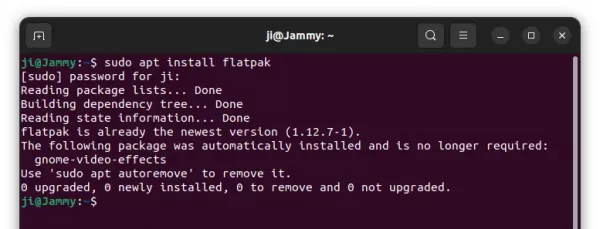
- Then, install the app as Flatpak package by running the command below in terminal:
flatpak install https://dl.flathub.org/repo/appstream/io.github.giantpinkrobots.varia.flatpakref
NOTE: First time installing Flatpak app will have many downloads for run-time libraries.
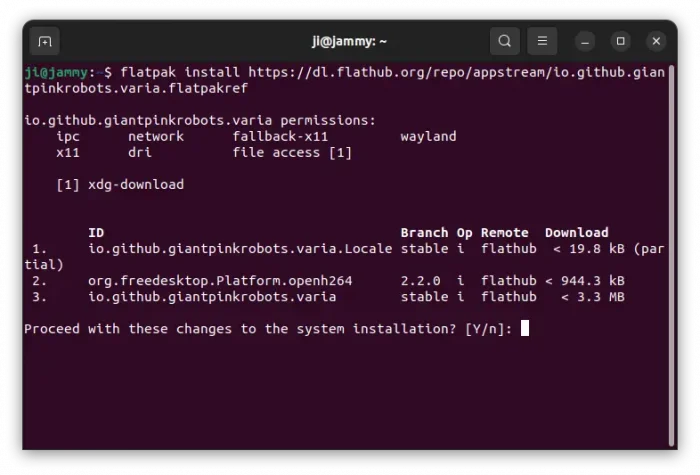
After installation, search for and launch it from either overview screen (or start menu for other Desktops). You may need to log out and back in if app icon not visible.
Uninstall Varia download manager
To uninstall the flatpak package, open terminal and run command:
flatpak uninstall --delete-data io.github.giantpinkrobots
You may also run flatpak uninstall --unused to remove the left-over run-time libraries.



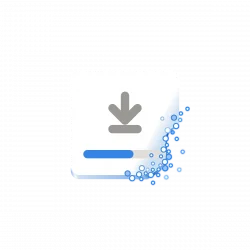
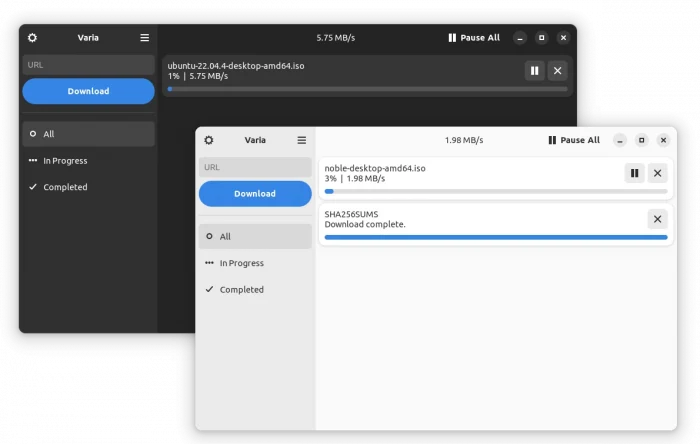
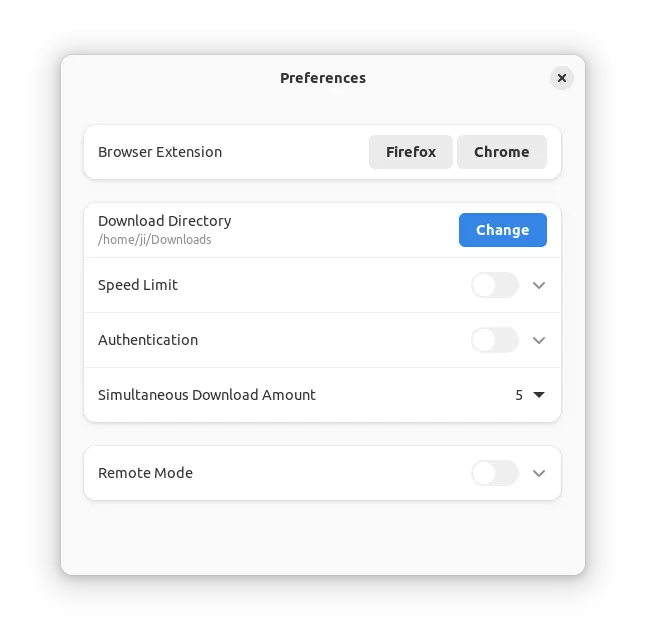
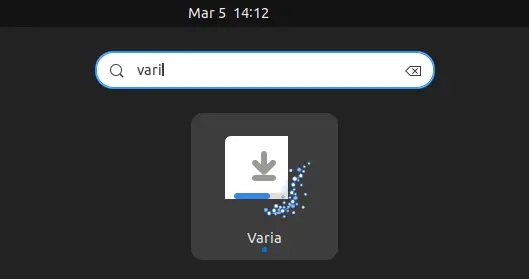








Many thanks for the detailed information and instructions.